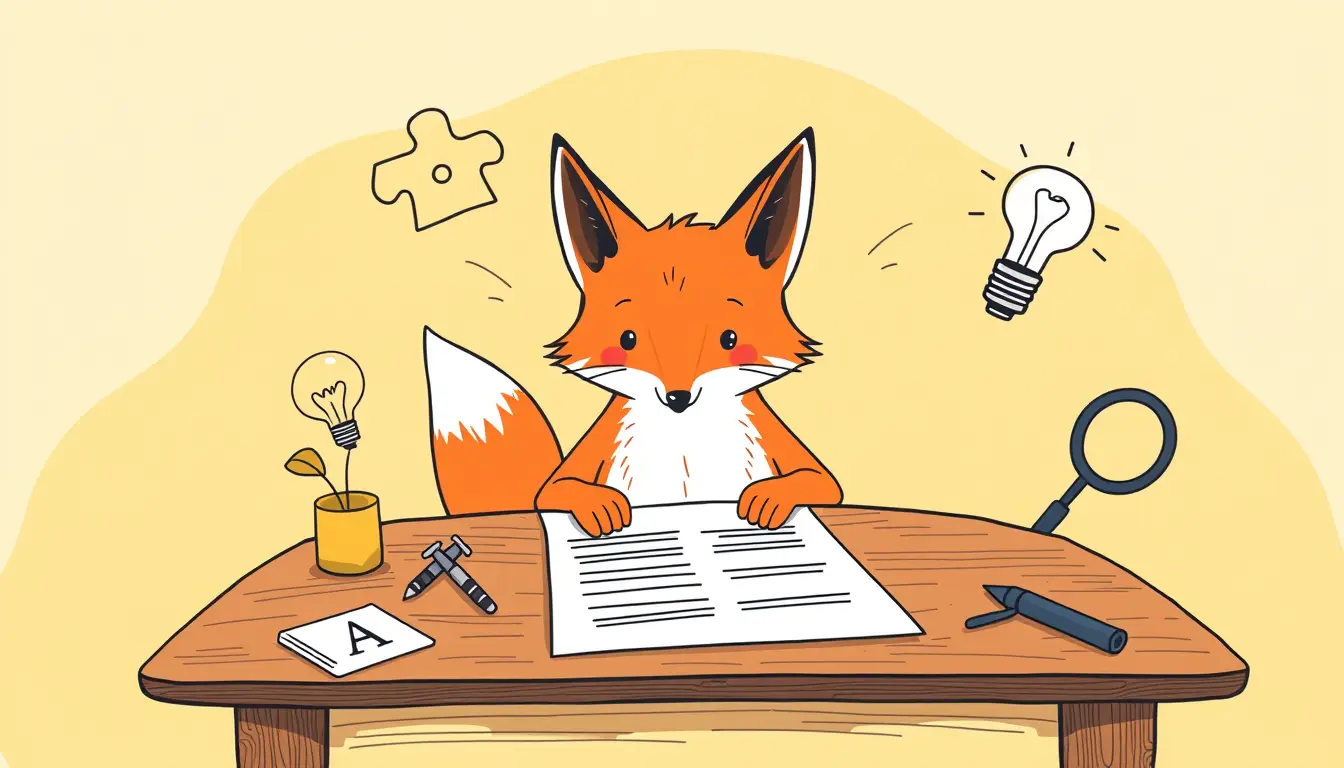Negotiation is an essential skill in today’s fast-paced business world. Whether you’re a sales professional, a manager, or an entrepreneur, being a skilled negotiation expert can make all the difference in achieving your goals. In this article, we’ll explore the key characteristics, skills, and strategies of a negotiation expert, and provide you with actionable tips to improve your negotiation skills.
What Makes a Negotiation Expert?
A negotiation expert is someone who can effectively communicate, build trust, and find mutually beneficial solutions. They possess a unique combination of skills, including:
-
Strong communication and interpersonal skills
-
Ability to listen actively and empathetically
-
Knowledge of the industry, market, and negotiation tactics
-
Creativity and flexibility in finding solutions
-
Ability to remain calm and composed under pressure
A negotiation expert is not born, but rather developed through practice, experience, and continuous learning. By understanding the key characteristics of a negotiation expert, you can start developing your own skills and becoming a more effective negotiator.
Developing Your Negotiation Skills
Developing your negotiation skills takes time and practice. Here are some actionable tips to help you improve your negotiation skills:
-
Prepare thoroughly: Research the other party, their needs, and their goals. Anticipate their concerns and be prepared to address them.
-
Listen actively: Pay attention to what the other party is saying, both verbally and non-verbally. Ask open-ended questions to encourage them to share more information.
-
Focus on interests, not positions: Instead of focusing on your respective positions, try to understand the underlying interests and needs of both parties.
-
Use objective criteria: Use data, market research, and industry standards to support your arguments and build credibility.
-
Be flexible and creative: Be open to different solutions and think outside the box to find mutually beneficial agreements.
Common Negotiation Mistakes to Avoid
Even experienced negotiators can make mistakes that can cost them the deal. Here are some common negotiation mistakes to avoid:
-
Making assumptions: Don’t assume you know what the other party wants or needs. Instead, ask questions and seek clarification.
-
Being too aggressive: Avoid being confrontational or aggressive, as this can damage the relationship and create a negative atmosphere.
-
Not being transparent: Be honest and transparent about your goals, constraints, and expectations.
-
Not doing your homework: Failing to research the other party and the market can put you at a disadvantage.
Advanced Negotiation Strategies
Once you’ve mastered the basics, it’s time to move on to more advanced negotiation strategies. Here are some techniques to help you take your negotiation skills to the next level:
-
Anchoring: Set the tone for the negotiation by making an initial offer that is slightly higher or lower than your target price.
-
Bracketing: Make a series of offers that are gradually more favorable to the other party, while still meeting your goals.
-
Nibbling: Ask for small concessions or favors to build momentum and create a sense of reciprocity.
Negotiation in Different Cultures
Negotiation styles and strategies can vary significantly across different cultures. Understanding these differences is essential to avoid misunderstandings and build strong relationships. Here are some key cultural differences to keep in mind:
-
Direct vs. indirect communication: In some cultures, direct communication is preferred, while in others, indirect communication is more common.
-
Individualism vs. collectivism: In individualistic cultures, the focus is on personal goals and achievements, while in collectivist cultures, the focus is on group harmony and consensus.
-
High-context vs. low-context communication: In high-context cultures, communication is often implicit and relies on shared knowledge and relationships, while in low-context cultures, communication is more explicit and direct.
FAQ
What is the most important skill for a negotiation expert?
The most important skill for a negotiation expert is active listening. By listening carefully to the other party, you can understand their needs, concerns, and goals, and tailor your approach to meet their needs.
How can I improve my negotiation skills?
Improving your negotiation skills takes practice, patience, and continuous learning. Seek feedback from others, practice active listening, and stay up-to-date with industry trends and best practices.
What is the difference between a negotiation expert and a mediator?
A negotiation expert is someone who represents one party in a negotiation, while a mediator is a neutral third party who facilitates the negotiation process.
Can negotiation skills be learned?
Yes, negotiation skills can be learned through practice, training, and experience. While some people may have a natural talent for negotiation, it is a skill that can be developed over time with effort and dedication.
Conclusion
Becoming a skilled negotiation expert takes time, effort, and practice. By understanding the key characteristics, skills, and strategies of a negotiation expert, you can start developing your own skills and achieving your goals. Remember to stay flexible, creative, and open-minded, and always keep the interests of both parties in mind. With persistence and dedication, you can become a master negotiator and achieve success in any field.




Leave a Reply